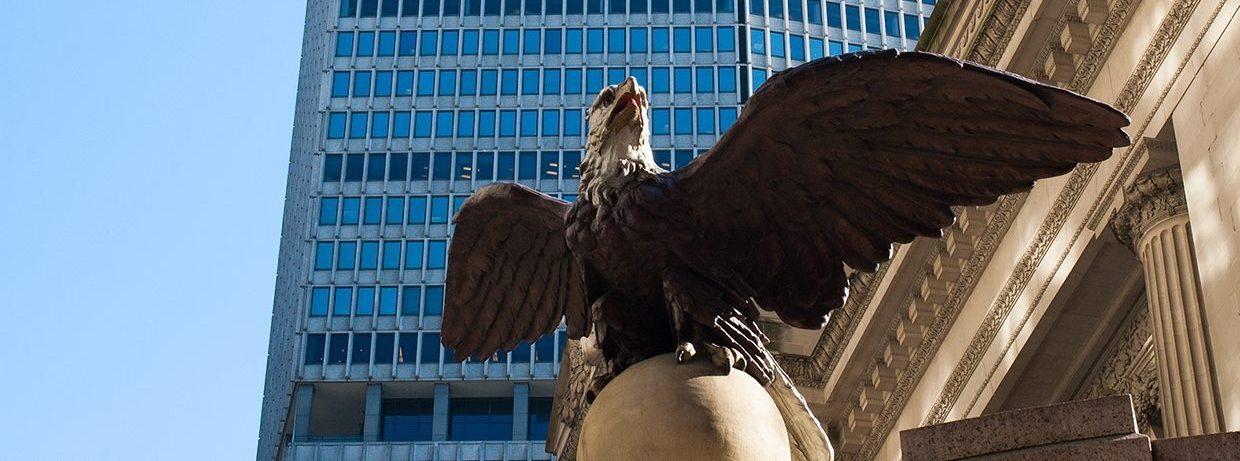The Covid-19 pandemic has seen hospital operators across Asia accelerating the adoption of technology. Most of the diagnoses and monitoring of patients are expected to be shifted out of the hospital and closer to patients’ homes as countries come out the pandemic.
This would leave hospitals to focus primarily on conducting surgeries and dealing with more complex, multi-specialty cases. That could also mean smaller hospitals with a proliferation of the hub-and-spoke model, allowing for increased use of remote intensive care units and intensive outpatient care programs.
Technologies that will improve healthcare services in hospitals can be split into those that will improve patient care and those that enhance hospital operations.
Under the first are telemedicine, remote patient monitoring, and wearable devices. These can help hospitals differentiate from their peers, allow them to attract more patients including medical travelers, and increase revenue intensity. In ASEAN, and especially Singapore and Malaysia, the use of telemedicine by hospital operators to reach new patients has accelerated during the pandemic.
The second includes technologies like remote intensive care units, hybrid operating systems and robotic nursing assistants, all of which can help increase efficiency, shift monitoring to outpatient facilities and optimize operations. Use of robotic nursing assistants can help to improve productivity and reduce risk of infection.
Many hospitals in Asia undertook cost-management initiatives during the pandemic to make up for in-patient revenue losses in 2020. This is expected to continue into this year. Companies are likely to keep a tight control on operating expenses such as advertising, training and travels costs. Most hospital operators are also likely to further delay additional capital expenditure till the health crisis abates.
Meanwhile, in India, the lack of healthcare infrastructure was brought into stark focus in April and May when the country was pummeled by a second wave of the pandemic.
From a government policy standpoint, this can provide a thrust to the relatively neglected healthcare sector. Overall expenditure on healthcare in India is less than 4 percent of gross domestic product, much lower than many countries in its peer group. While healthcare spends have been growing at a 15 percent compounded annual growth rate over the past decade, penetration levels are still low. There’s scope for this to improve as general awareness about health rises following the pandemic.
Hospitals in India could benefit as the health crisis nudges people to prioritize spending on healthcare. At the same time, the Indian government’s Atmanirbhar Bharat, or self-reliant program, launched in the midst of the pandemic last year, could benefit domestic pharmaceutical and medical devices companies. The incentives offered under this scheme to manufacture domestically could encourage some of these companies to set up more capacity and increase both their local and international market share.
To watch the full presentation, visit the Nomura Forum website (requires guest login).






